
Music & Sound
-
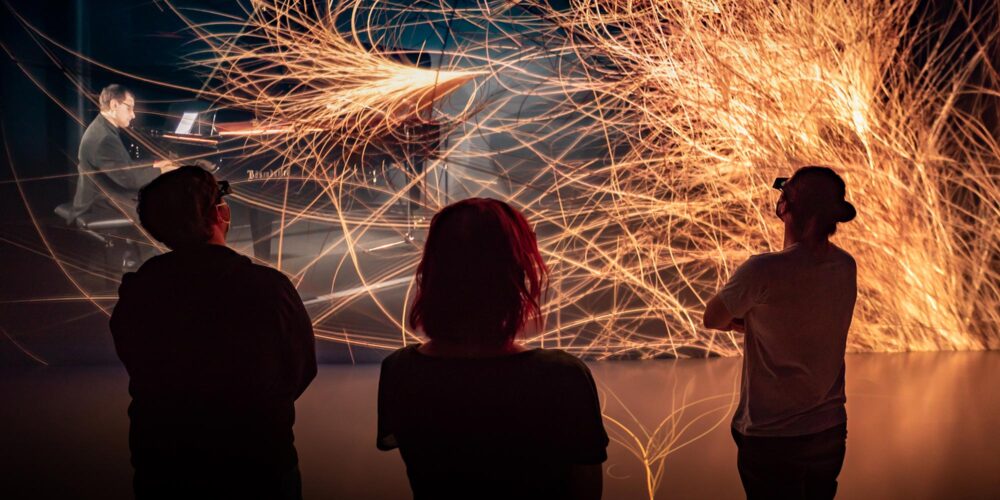
Between Inspiration and Loss of Control: Music in the Age of AI
Artificial Intelligence is changing how we perceive art. Projects such as the Waltz Symphony show how AI can enrich creative processes, as long as humans set the direction. But not everyone is convinced; some fear the loss of originality.
-
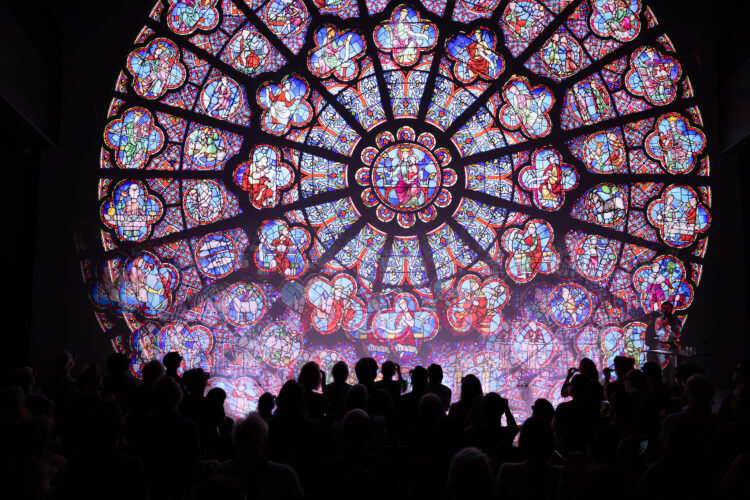
Can art change the world?
In 2024, Ars Electronica once again used international open calls, exciting collaborations and the festival as a stage to show how art can highlight creative solutions to the pressing issues of our time.
-
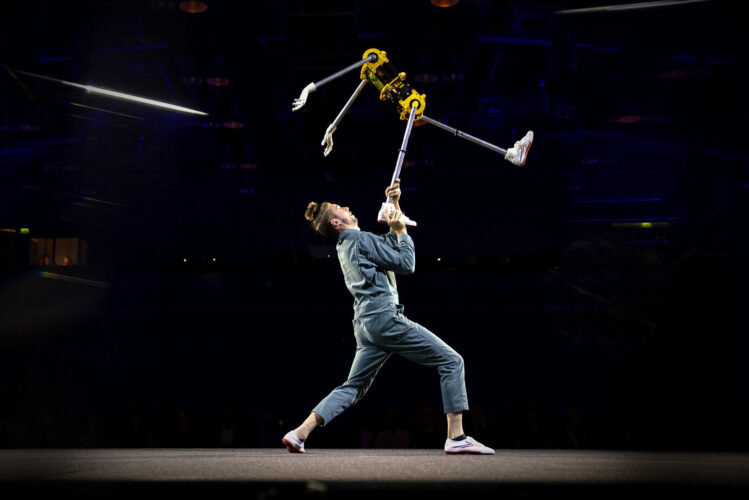
A record: More than 112,000 visits to Ars Electronica 2024
Once again, the Ars Electronica Festival has shown what it is all about: creating space, time and an atmosphere in which people can exchange ideas and inspire each other.
-
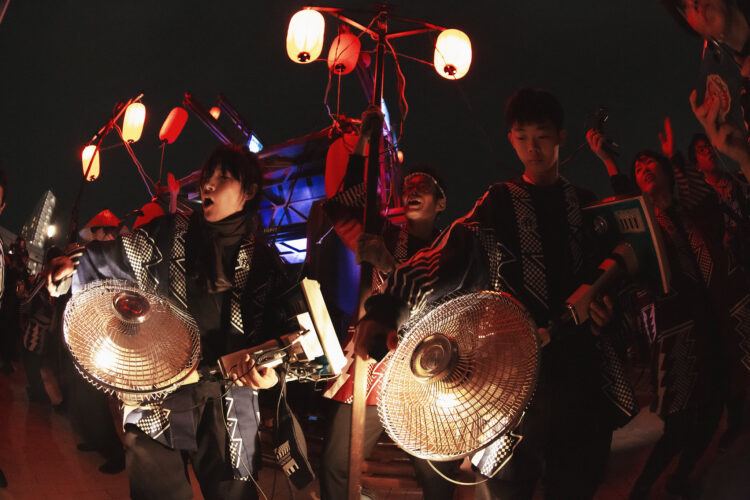
Ars Electronica Festival: A stage for music & experiments
Music is a central component of the Ars Electronica Festival. From September 4 to 8, visitors can expect a diverse program ranging from classical to digital music
-
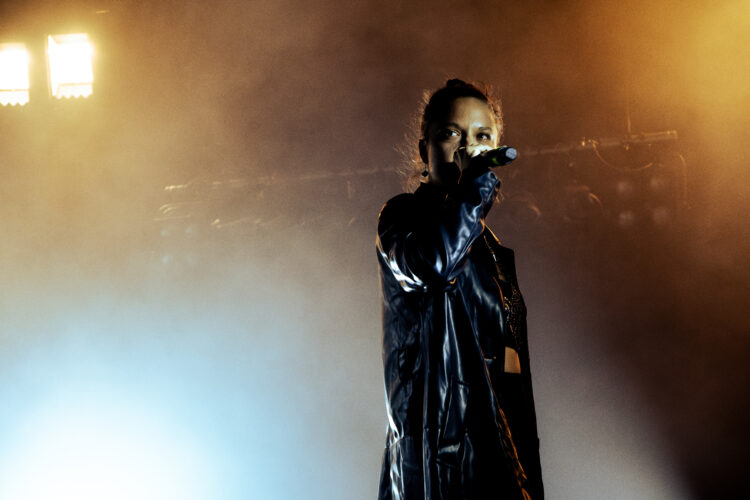
New Sounds from Switzerland: The Ars Electronica Nightline
In 2024, Ars Electronica Nightline will focus on innovative club music from Switzerland and offer a unique platform for Swiss artists.
-
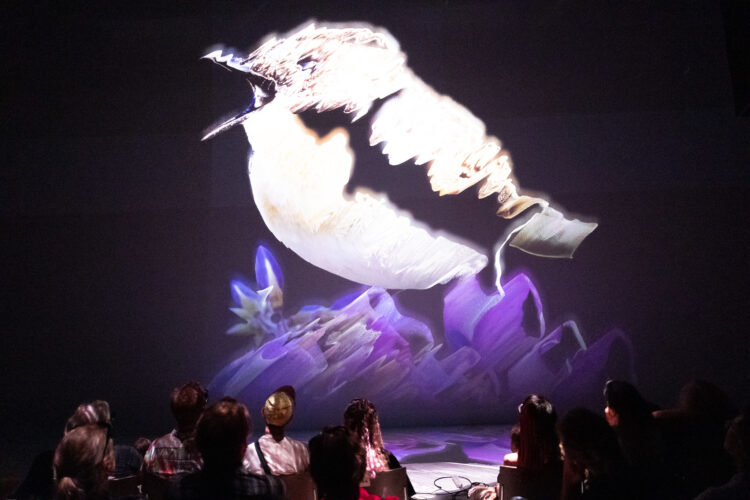
Unveiling the biodiversity crisis through auditive art
An immersive audiovisual experience by the Ars Electronica Futurelab makes the loss of biodiversity tangible in an impressive way.
-
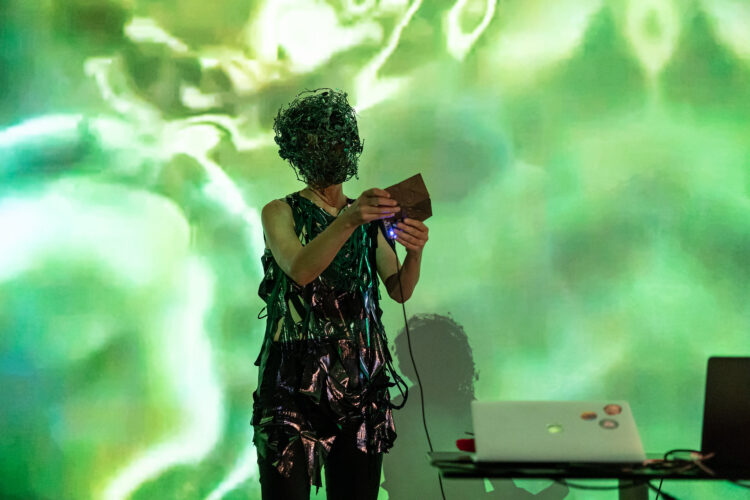
Origami, robotics, and folding sound
World premiere for Oribotic Instruments with Anne Wichmann (She’s Excited), Miller Puckette, and Dan Wilcox at the Ars Electronica Festival.
-
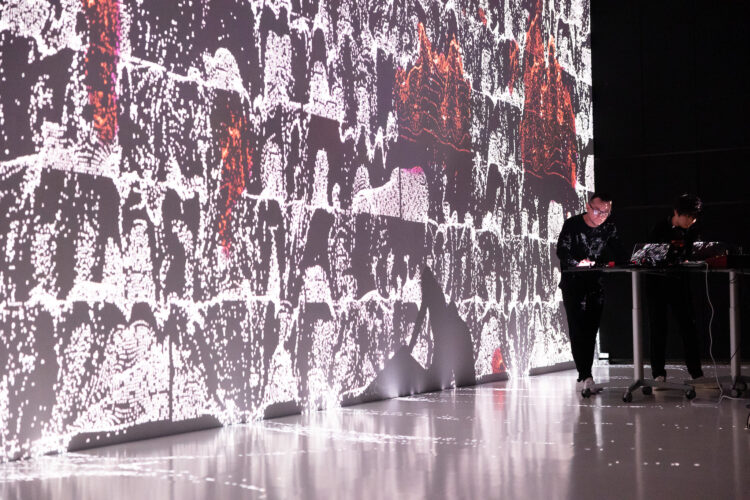
Climate change as an immersive hell painting
Creativity meets scientific data: Artist Akira Wakita showed Mother Earth at the Ars Electronica Festival as an imposing entity beyond humankind.
-
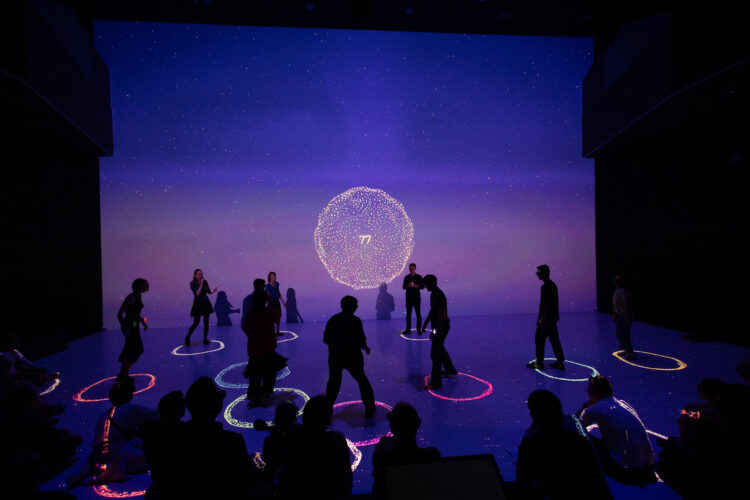
Watch the best of Futurelab 2023
Exciting and innovative, playful and informative: 2023 has marked another year of unique projects for the public by the Ars Electronica Futurelab and its partners.
-
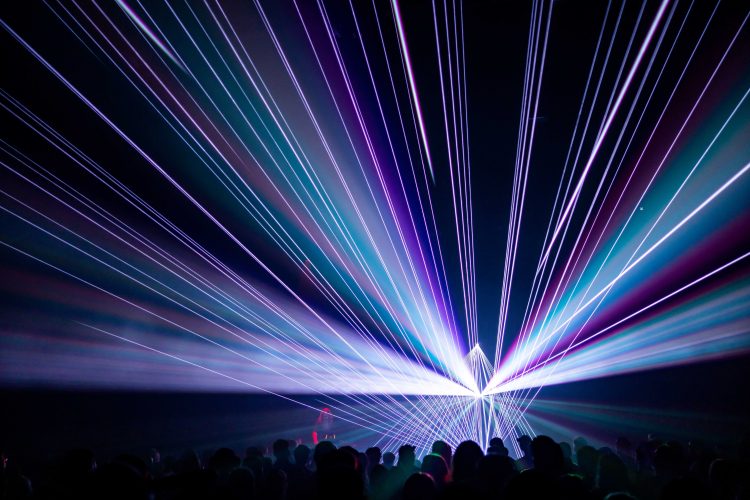
Musical Visions of the Future during the Ars Electronica Festival
Whether visionary ideas or virtuoso pieces of music – there is something for everyone among the concerts and performances at the 2023 Ars Electronica Festival.
-
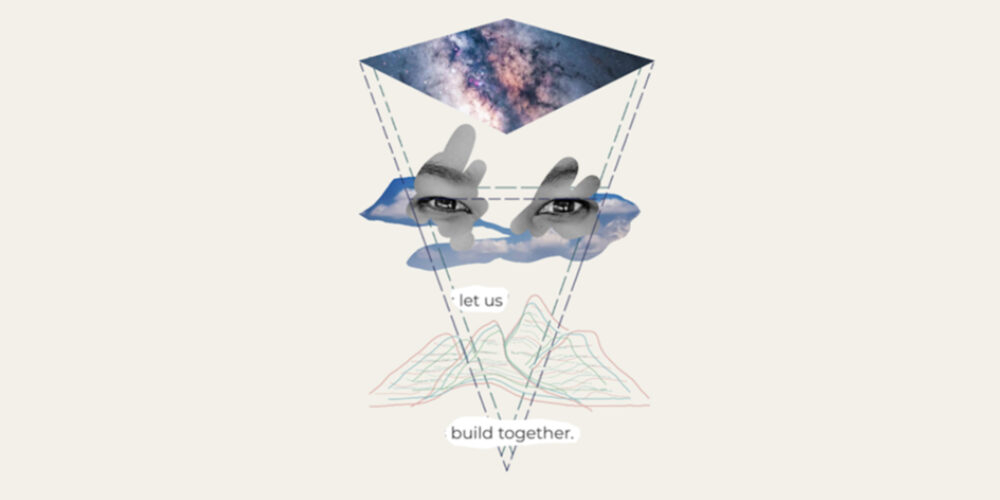
Masakhane – “We build together”
This year’s Digital Humanity Award winners are the grassroots organisation Masakhane, which specialises in bringing African languages closer to the technology industry.
-
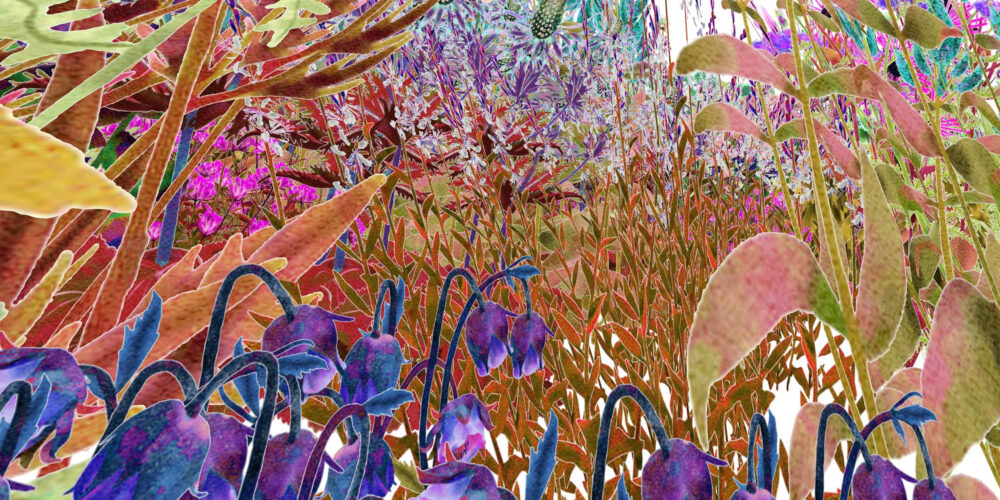
“Pollinator Pathmaker” – living art for insects
“Pollinator Pathmaker” by Alexandra Daisy Ginsberg is this year’s winning project in the Artistic Exploration category of the STARTS Prize.
-
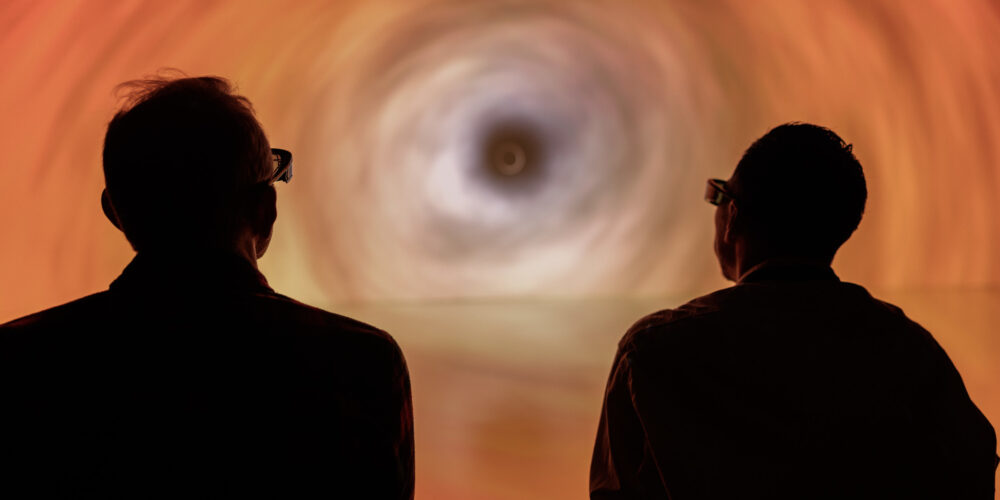
Reflection on the Prix Ars Electronica Jury Weekend
Suhun Lee has been selected as the first curator in residence for the Curatorial Residency Program enabled by ARKO. In this guest article, she describes her personal impressions of the Prix Ars Electronica Jury Weekend.
-
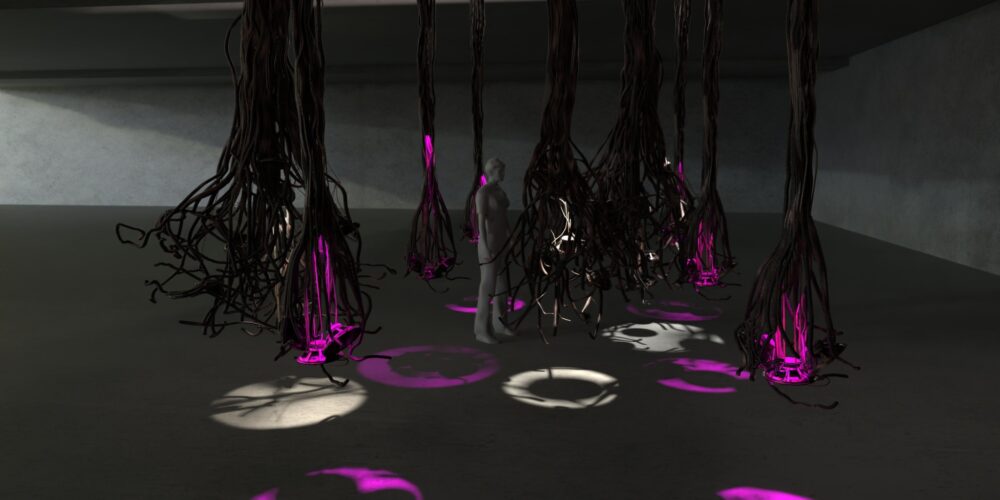
Soundscapes of the Andean plain
This year’s Golden Nica in the category “Digital Musics & Sound Art” goes to the collective Atractor + Semántica Productions, for their project A Tale of Two Seeds: Sound and Silence in Latin America’s Andean Plains.
-
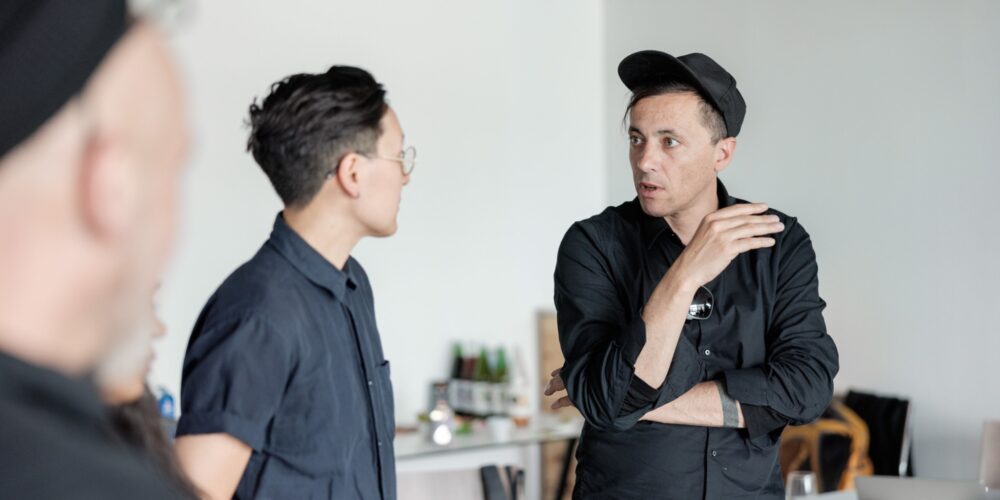
Prix Jury Weekend at the Ars Electronica Center
Experts from around the world met in Linz to agree on the Golden Nicas of the Prix Ars Electronica 2023.
-

Ars Electronica celebrates Bruckner with “Being Anton”
Immerse yourself in Anton Bruckner’s world of music and thought – with unique experiences at the Ars Electronica Center for the 2024 celebration year.
-
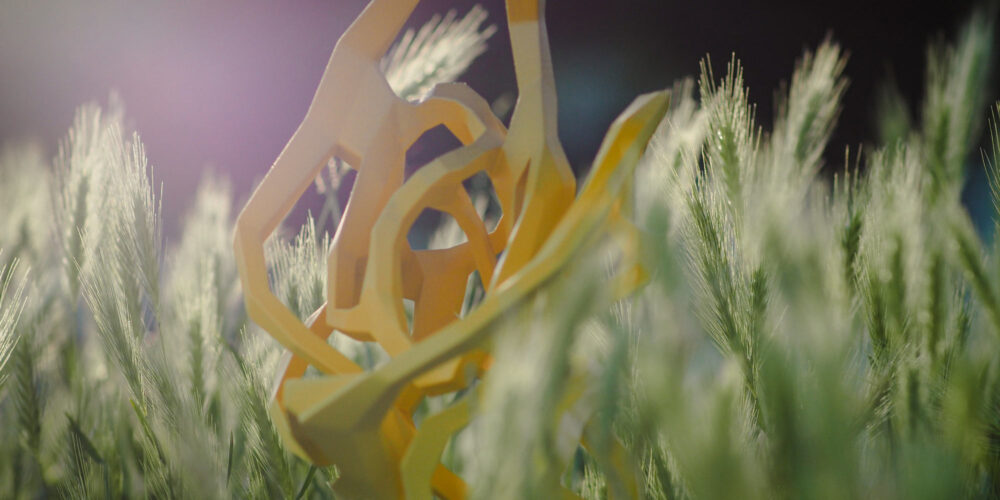
On the track of innovation
What do jackets made of orange peel, parasites for smart home devices and the monitoring of our oceans have in common? That’s right! They all characterize the enormous thematic scope of the S+T+ARTS Prize.
-
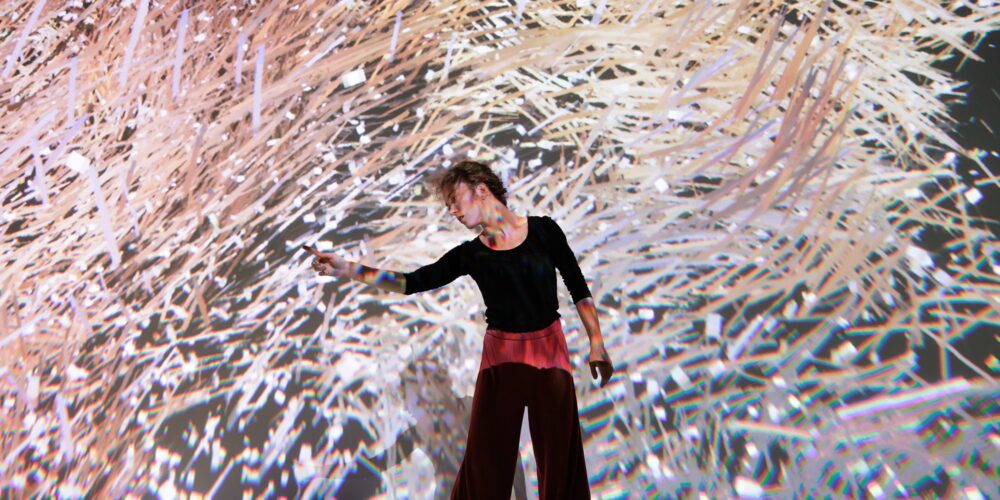
Polychoros – Night Performances
Human and virtual dancer in a duet of self-realization: an expressive dance performance in Deep Space 8K.
-
![a.ni.i.la.sjɔ̃ [annihilation] – Night Performances](https://ars.electronica.art/aeblog/files/2023/01/52345808964_2154d36ab3_3k-1-1000x500.jpg)
a.ni.i.la.sjɔ̃ [annihilation] – Night Performances
When humans and industry threaten the planet: a dystopian performance as an immersive experience in Deep Space 8K.
-

SonoSynthesis – Night Performances
Humans, AI and microorganisms compose together: SonoSynthesis presents a hybrid future of art at its world premiere.
-
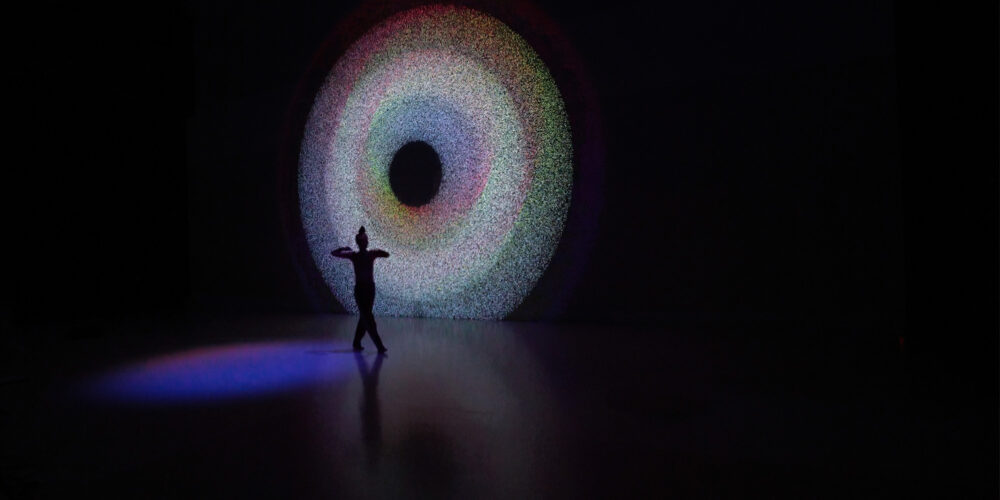
Controlled / Uncontrolled: when dancing to chaos
Can you dance uncontrollably to electronic music? And can you follow the rhythm after a while to bring yourself back under control? un ctrl knows!
-
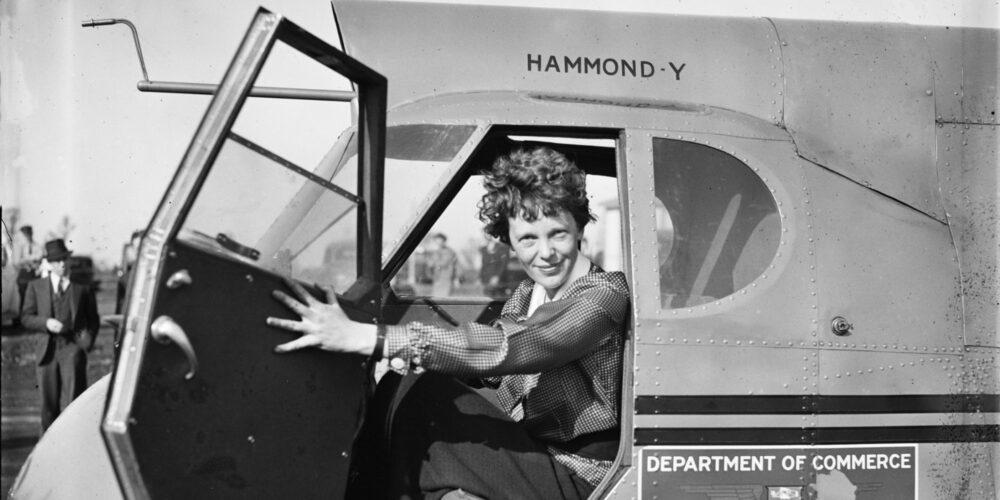
The queen of the skies
With “Songs for Amelia Earhart,” Laurie Anderson and Dennis Russell Davies, together with the Brno Filharmonic Orchestra and cellist Rubin Kodheli, pay tribute to the pioneer of the skies and tell of her last flight around the world.
-
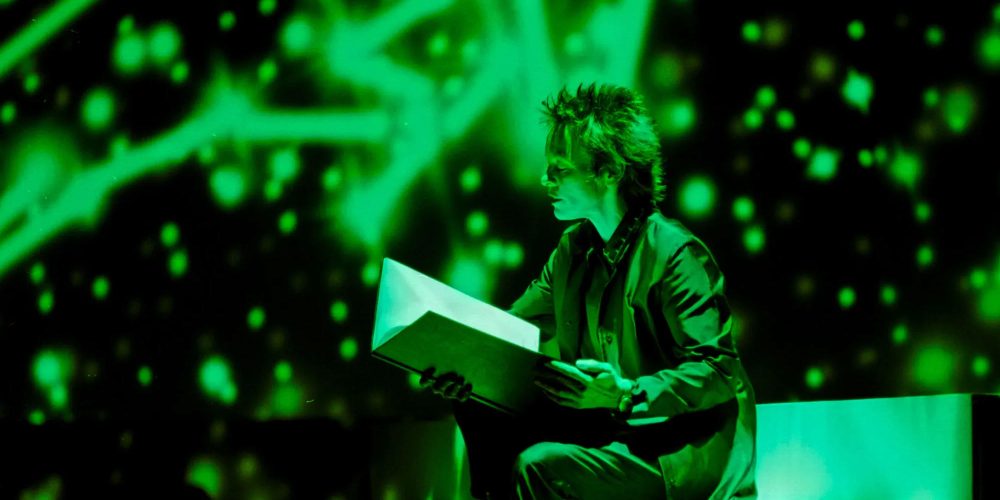
Laurie Anderson: Creating, Evolving, Experiencing
What characterizes a “Pioneer of Media Art”? Laurie Anderson connects art with technology and opens new musical paths with her inventions.
-
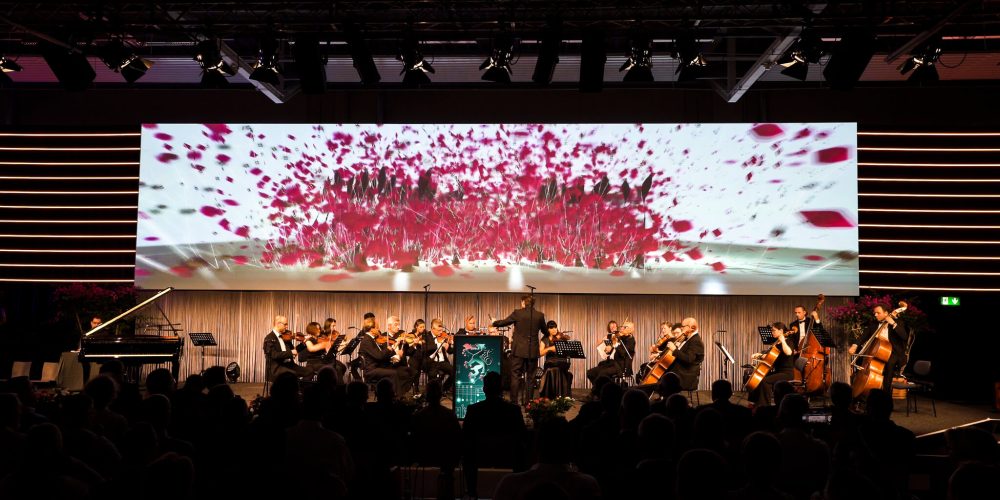
Man-Machine Music: A Classic of the Future?
Forward-looking prelude to Ingolstadt Science Congress with AI compositions of the Ars Electronica Futurelab co-performed by the Georgian Chamber Orchestra.
-
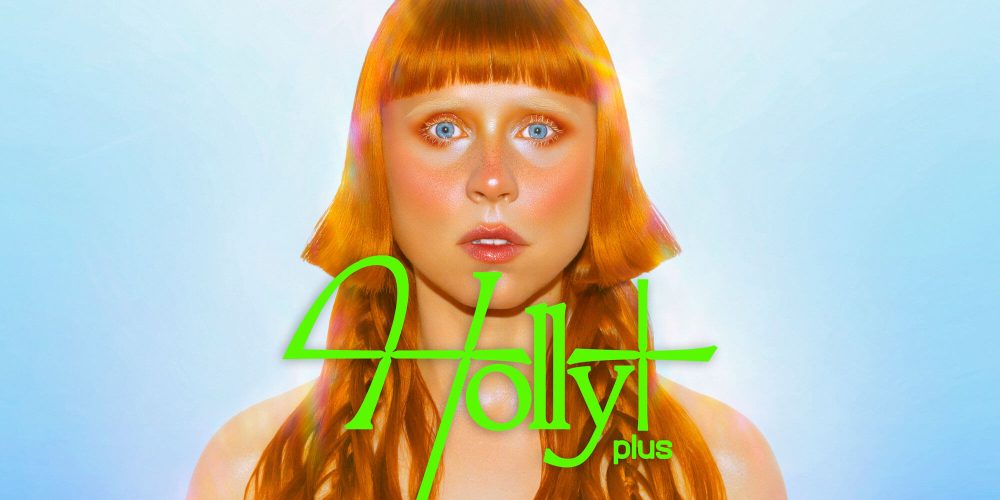
Holly+: Come and sing like Holly Herndon!
“It takes a village to create something special” and Holly Herndon and her team have succeeded in doing just that. In the interview, she presents her machine learning project in more detail, for which she has now received the European Commission’s STARTS Prize 2022.
-
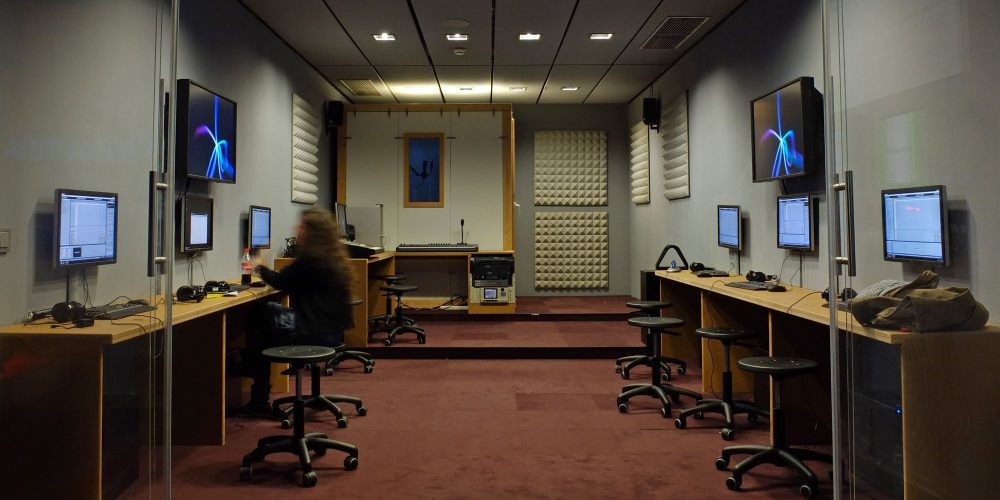
Throwback: SoundLab
The SoundLab at the Ars Electronica Center offered professional equipment for capturing and producing noise, sound and music.
-
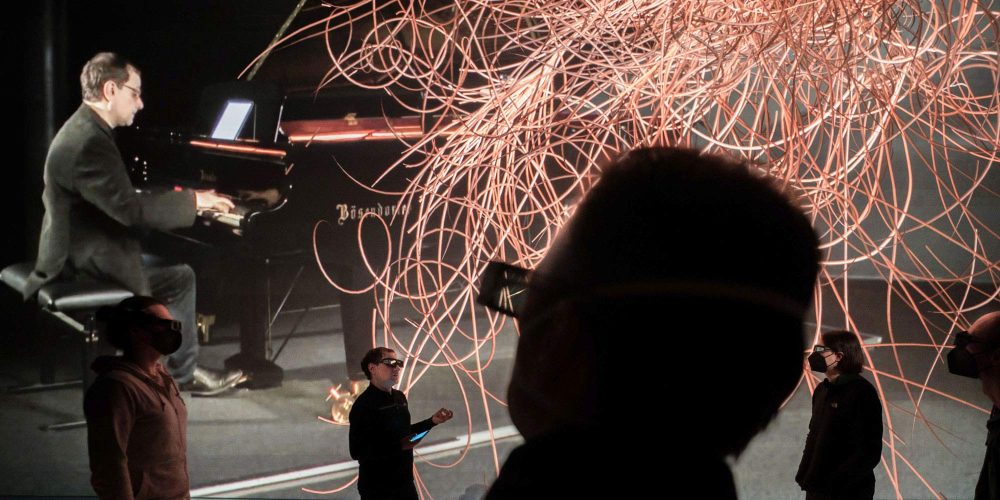
Deep Space EVOLUTION: Sounding Letters
With a virtual piano concert in 3D, the new program in Deep Space 8K shows how humans and AI make music together.
-
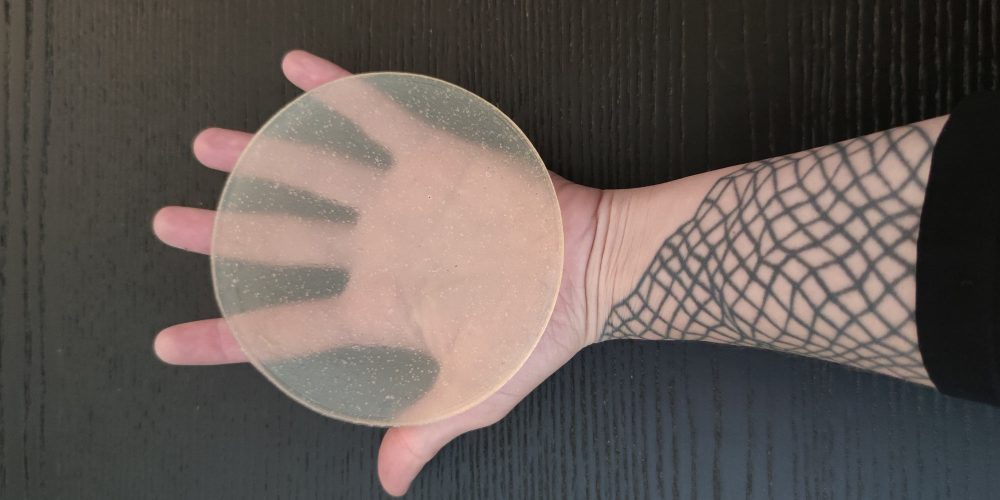
Circular Records for Circular Futures
Can records be made from biomaterials? Artists Kat Austen and Fara Peluso think so and will work on developing a low-carbon alternative to vinyl during their S+T+ARTS Residency.